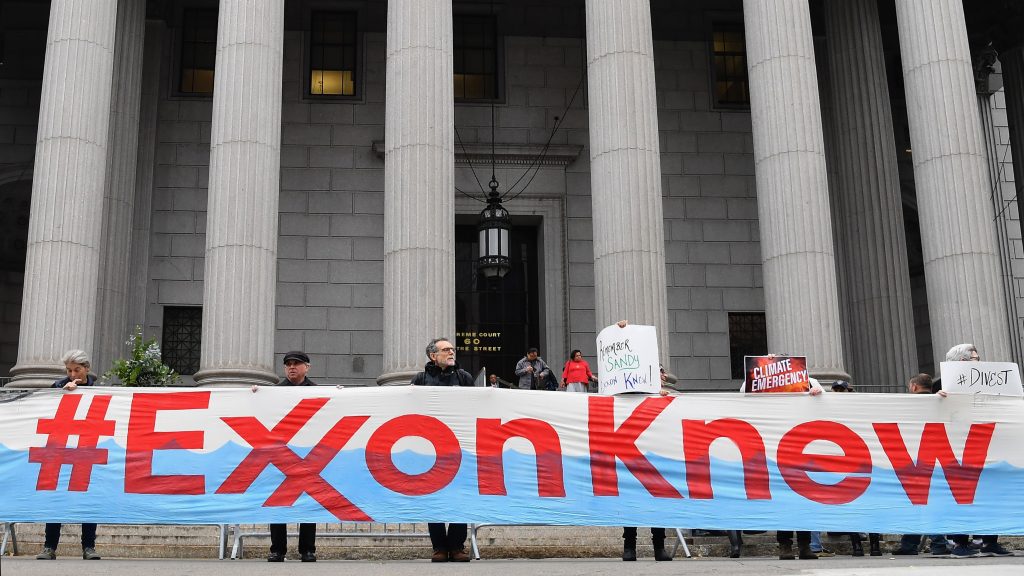(18/11/23) Blog 322 – Israeli hacker sentenced to 80 months for global hacking campaign
Aviram Azari, 52, of Kiryat Yam, Israel, was sentenced to six years and eight months in prison on Thursday, for his role in a global computer hacking network which targeted environmentalists, companies and private individuals.
The Israeli private detective has been sentenced as a result of an $4.8m hacking scheme that targeted journalists and critics of German fintech group Wirecard, oil giants Exxon Mobil, and other companies.
Azari pleaded guilty in April 2022 to the charges of computer intrusion, wire fraud and identity theft relating to work undertaken on behalf of Wirecard.

Federal prosecutors alleged that between 2014 and 2019 Azari was involved in an wide spread conspiracy to target individuals and unnamed companies in New York using phishing emails in an attempt to steal passwords and other confidential data.
His victims included climate change activists, individuals and financial firms that had been critical of the German payment processing company.
One of the victims, Peter Frumhoff – director of science and policy and chief scientist at the Union of Concerned Scientists in Cambridge, Massachusetts said that “I was the target, but the public at large was the intended victim.”
Another victim – Lee Wasserman, director of the Rockefeller Family Fund said “It is our job to tell the world the truth about a world on fire” and who “lit the flame.“
Wasserman said he was “appalled and shaken” by the invasion into his personal and professional life, “I found myself whispering in my own home” he added.
Exxon Mobil
One of Azari’s phishing attacks was focused on targeting individuals and organisations involved with climate change advocacy. Some of the hacked documents that were stolen from victim online accounts were leaked to the press, resulting in articles relating to investigations into Exxon Mobil Corporation’s knowledge about climate change and potential misstatements made by Exxon regarding what it knew about the risks of climate change.

Speaking at his trial, Azari apologised to his victims, saying he was “accepting full responsibility for his crimes” and promising not to “repeat this ever again.”
After he was sentenced, Azari was given a chance to speak again and said that he listened as victims spoke at the proceeding. He predicted “there will come a day” when he would be able to speak more about his crimes. Until then, he added, he asked for the forgiveness of his victims. “You don’t know everything,” he said.
In addition to his prison term, Azaro was sentenced to three years of supervised release and was ordered to pay forfeiture of $4,844,968 USD.
Wirecard
Wirecard were a financial services organisation which offered customers electronic payment transaction and risk management services, as well as the issuance and processing of physical cards.
The subsidiary, Wirecard Bank AG, held a banking license and had contracts with multiple international financial services companies.
Allegations of accounting malpractices surrounded the company since the early days of its incorporation, reaching a peak in 2019 after the Financial Times published a series of investigations along with whistleblower complaints and internal documents.
On 25 June 2020, Wirecard filed for insolvency after revealing that €1.9 billion was “missing“.

Former Wirecard CEO Markus Braun was arrested shortly after his resignation from the company, and Former COO Jan Marsalek disappeared shortly after he was fired from the company.
Marsalek’s last known residence was in Munich and an investigation by Bellingcat, Der Spiegel and The Insider indicated that Marsalek flew to Minsk in Belarus just hours after he was fired from Wirecard.
On the 19th July 2020, German newspaper Handelsblatt reported that Marsalek was suspected to be in Russia, where he was believed to be living under supervision of the Russian GRU in a mansion near Moscow. According to Die Welt, the BND had information in 2020 that Marsalek was at a Russian FSB training center in Balashikha, a suburb of Moscow.
As a fugitive wanted by the German police, he is listed on Europol’s list of Europe’s most wanted fugitives, and Interpol issued a Red Notice against him. The notice is a formal request to law enforcement worldwide to locate and arrest him, pending extradition.

Wirecard had a pattern of unusually aggressive tactics towards those who raised questions about the company’s business operations or accounting. In 2019, the company hired former head of Libyan foreign intelligence Rami El Obeidi to conduct sting operations against journalists and public short sellers.













